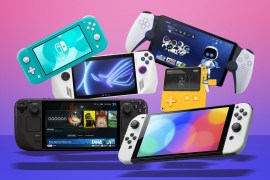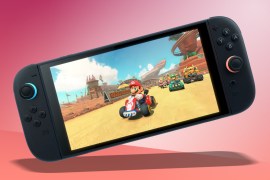Stuff Office Cat’s Diary – 21/05/13
Step powered shoes, sweat-collecting shirts and vintage robots catch Office Cat's eye in today's news round-up
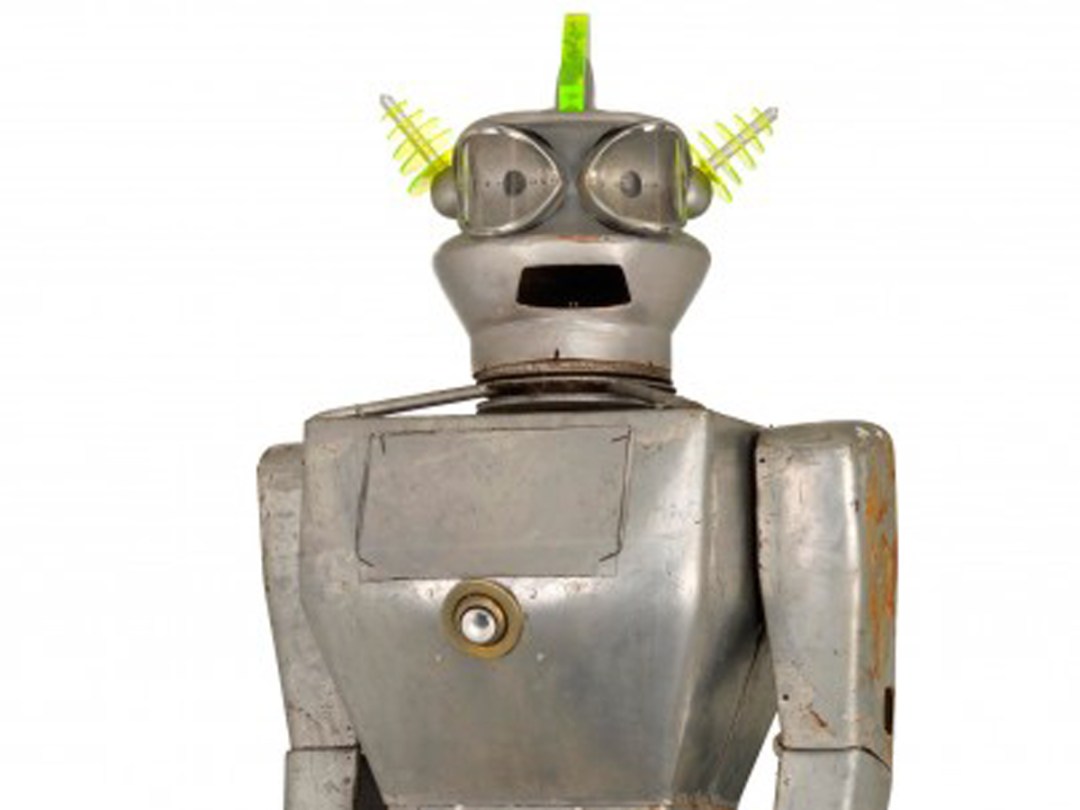
Nintendo has become a household name, the creator of multiple best selling games consoles and an iconic brand and that’s just the tip of the iceberg. Here are 25 of Nintendo’s greatest hits.
Super Mario Kart (1992)
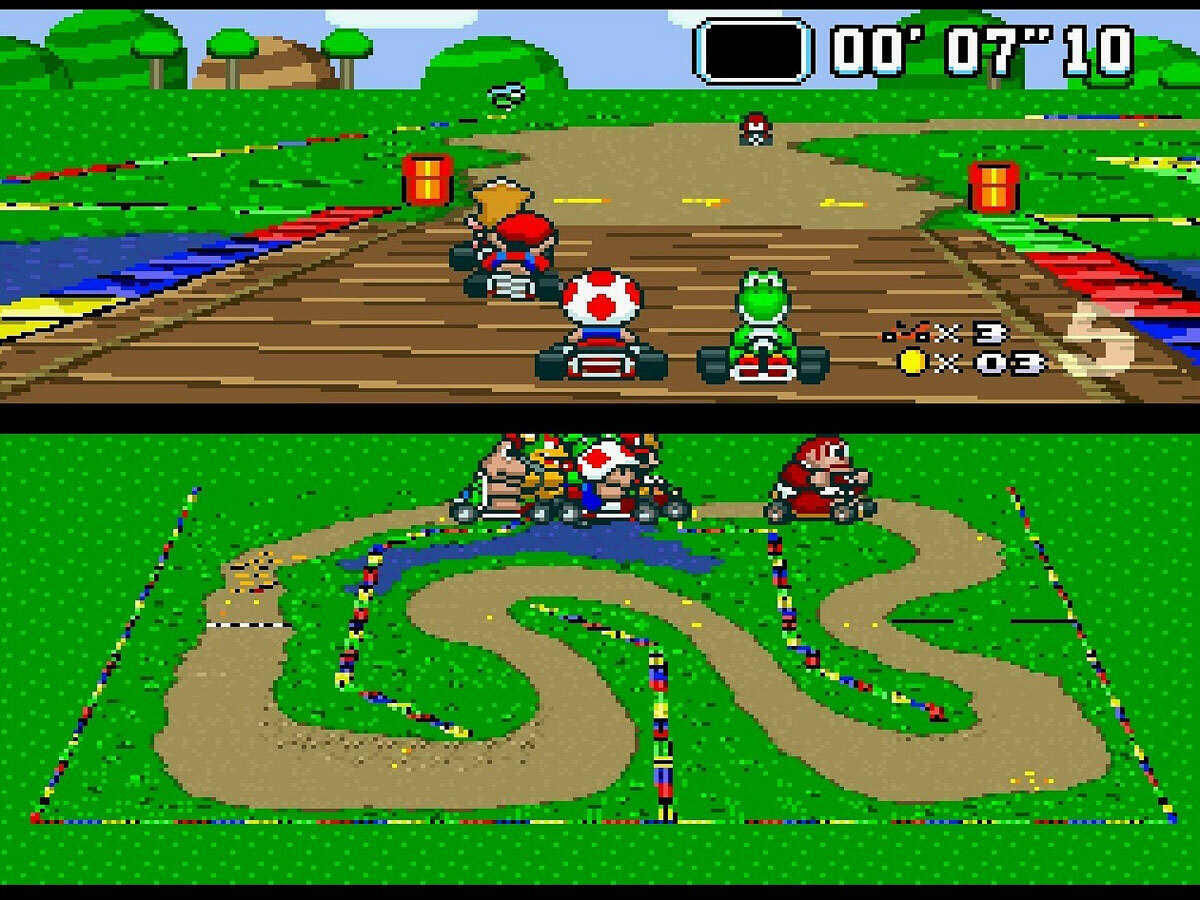
Arguably the most enjoyable racing game of all time, Super Mario Kart had controls that were easy to pick up but difficult to master, and only the most dedicated players could expect to powerslide around every corner. Marrying these with the colourful Mario universe was a stroke of genius, particularly when it came to the power-ups: there’s little in life more satisfying than pulling off a long shot with a green shell to send a friend’s kart careening off the track.
Game & Watch – Donkey Kong (1982)
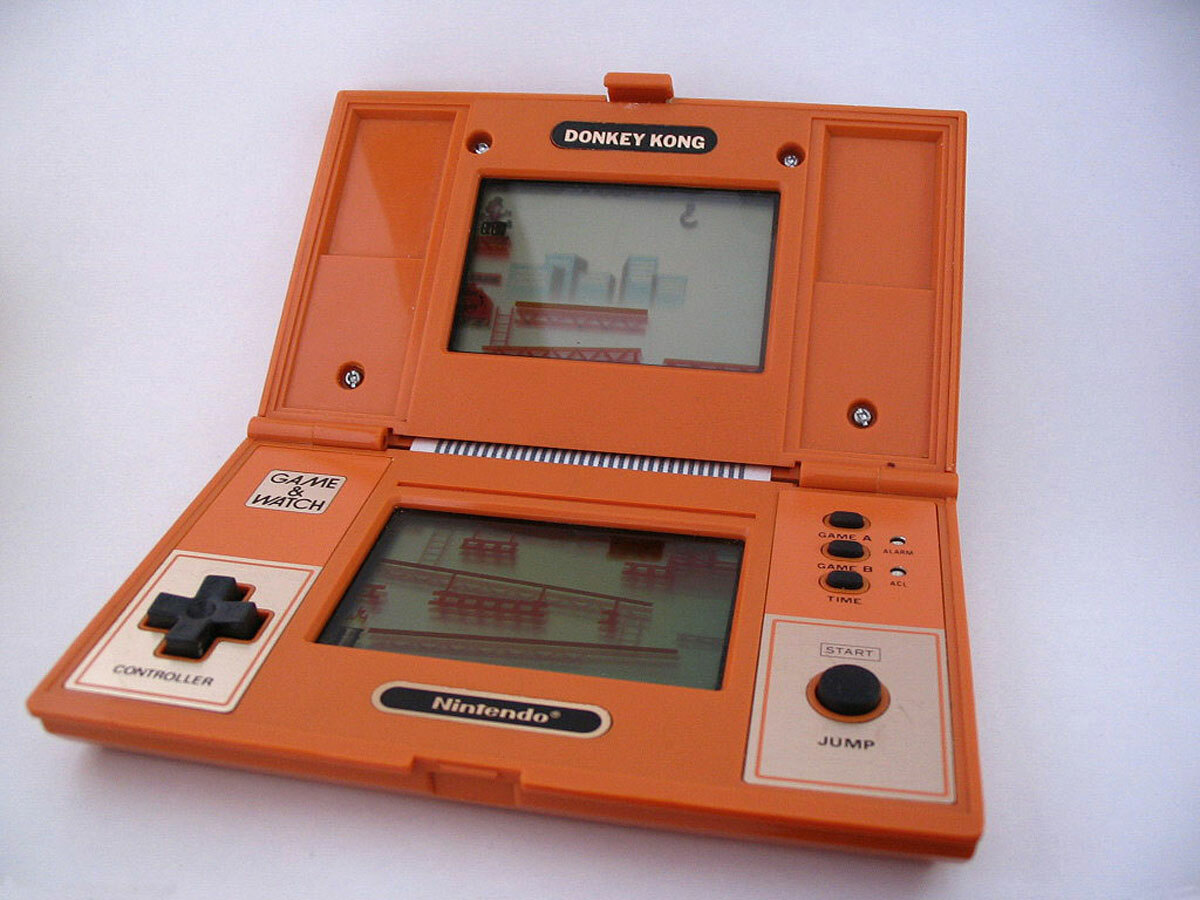
The first dual-screen Game & Watch LCD game, Donkey Kong’s unique design setup would later be echoed in the DS. A reinterpretation of the arcade game that saw Mario vaulting over barrels hurled by the eponymous ape, this orange gizmo sucked countless hours out of the lives of 1980s kids.
Photo credit: Frenkieb on Flickr
Star Fox (1993)
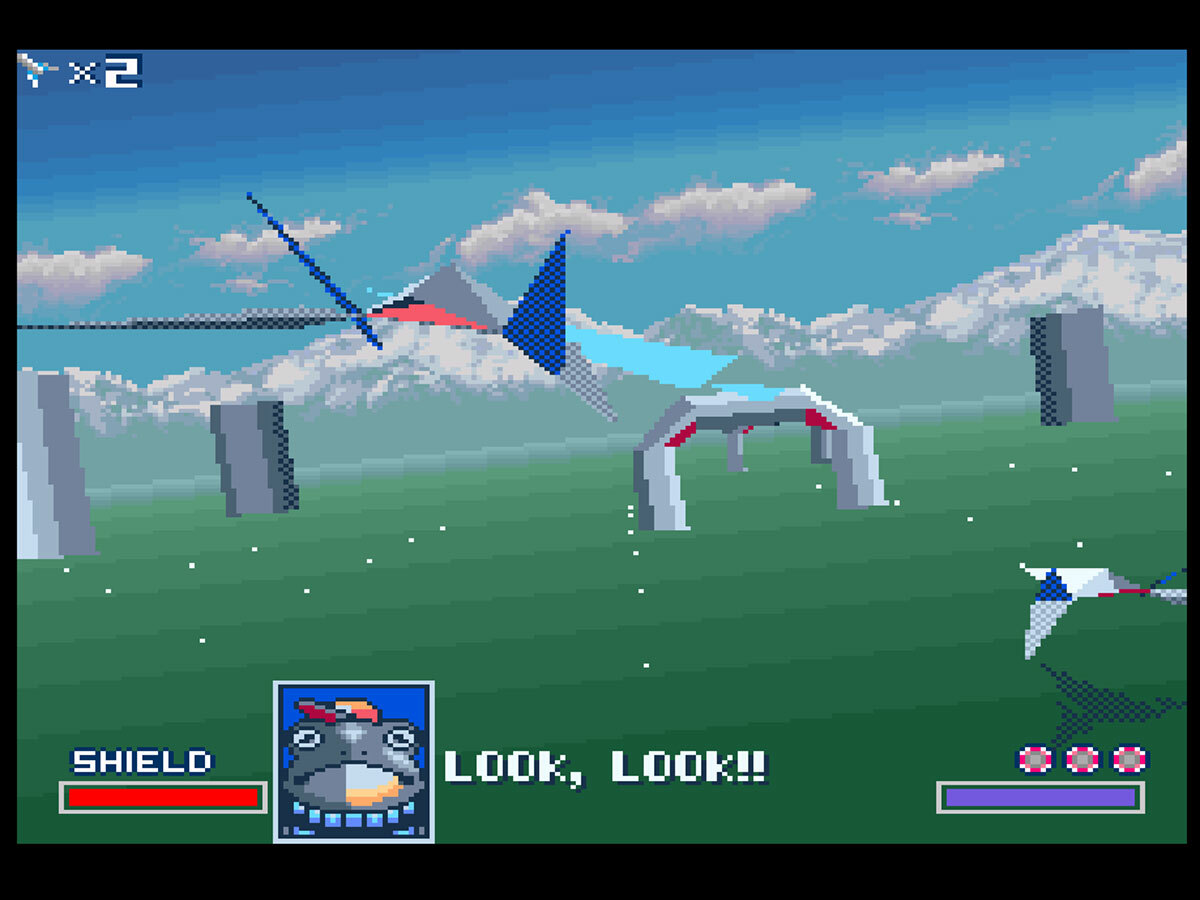
Star Fox (called Starwing in Europe for legal reasons) was the first “proper” 3D game Nintendo ever made, with its cartridge-mounted Super FX processor giving the SNES the helping hand it need to display a fully 3D environment, in which Fox McCloud and his team fly their Arwing space fighters against the forces of Andross over planetary surfaces, through asteroid fields and the vastness of space.
Nintendo Entertainment System (1983)
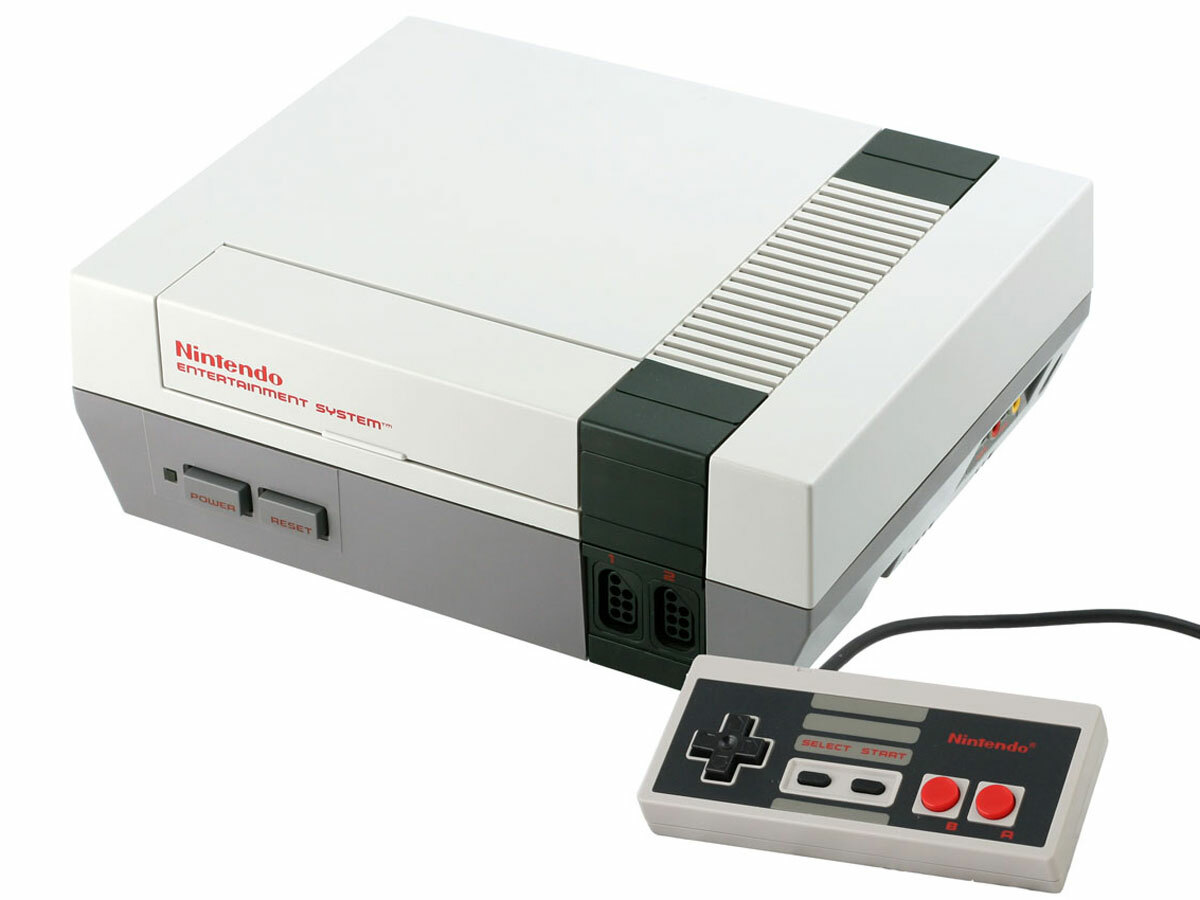
The NES is a console that needs no introduction. Blasting into our living rooms in the mid 80s, it was the best-selling console of its era – and with good reason. A tech, gadget and gaming icon all rolled into one with its simplistic controller and classic titles like Super Mario Bros, Mega Man and Duck Hunt, it’ll hold a special place in our pixellated hearts, forever and always.
NES Zapper (1985)
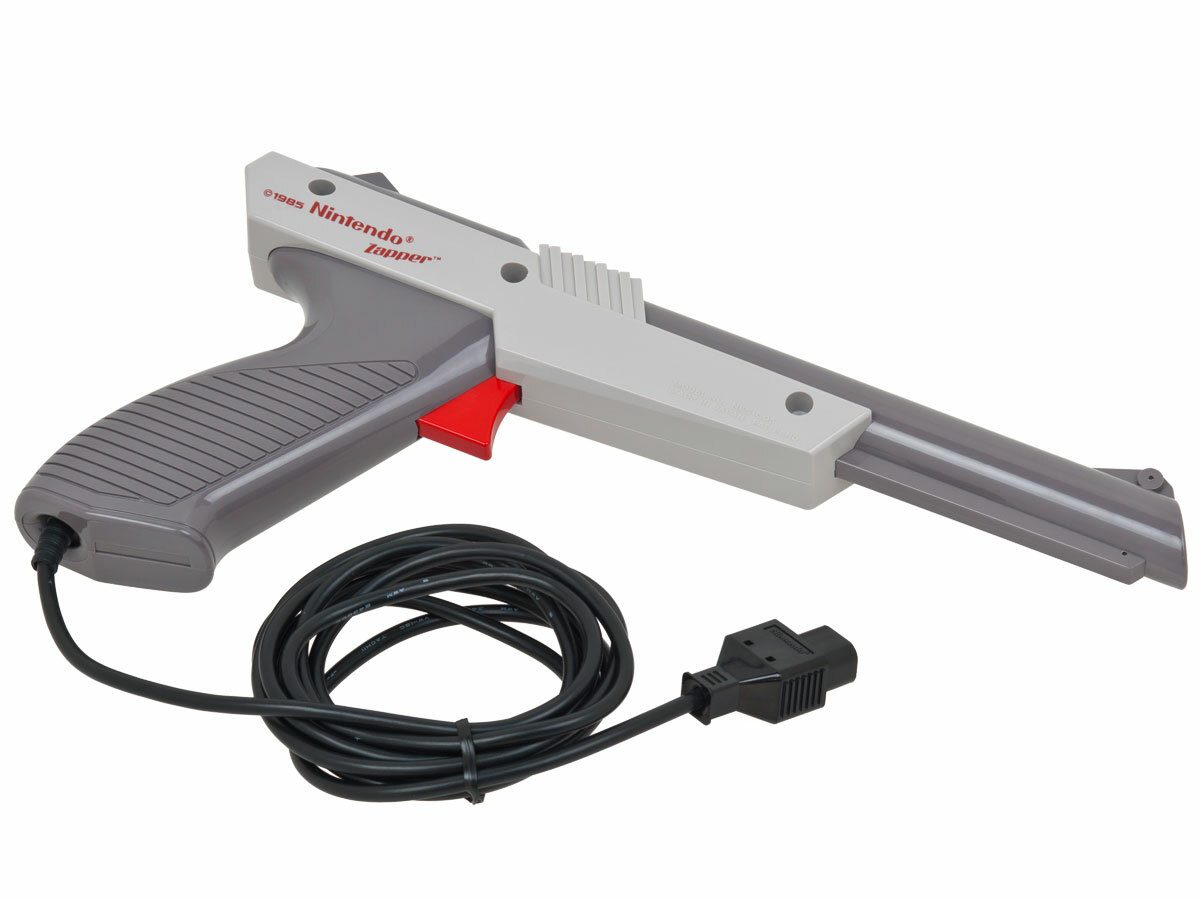
Ninty’s light gun accessory came bundled with Duck Hunt in North American NES consoles and was was the sole reason for the cull of million of unfortunate 8-bit ducks. So what if you could get perfect scores by shooting directly against a light bulb? It was a technological marvel that blew our impressionable little tech-head minds.
Virtual Boy (1995)
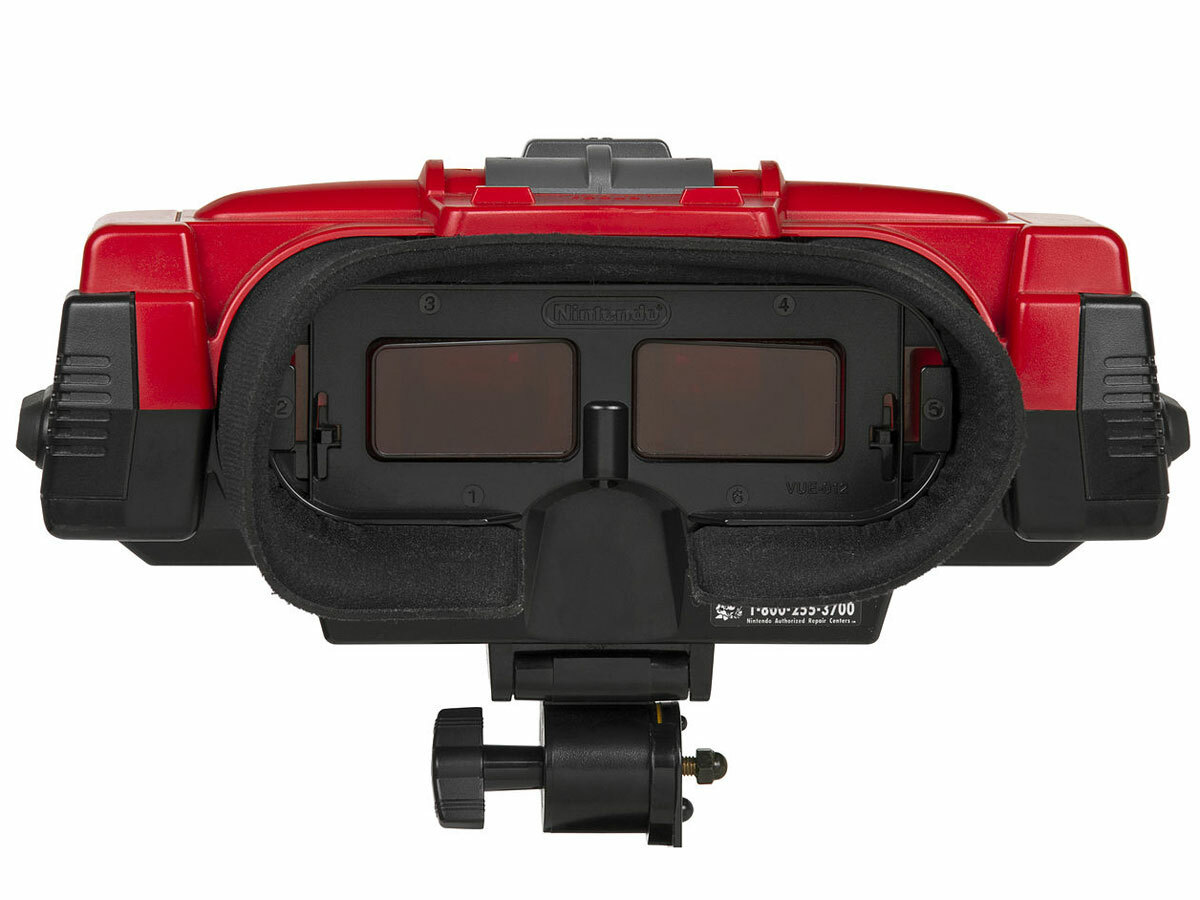
Despite its name, the Virtual Boy wasn’t a tiny humanoid companion to alleviate your crushing loneliness. Instead, it was a head-mounted Virtual reality doohickey which consisted of a head-mounted eye piece for displaying (undeniably primitive) 3D graphics. A wacky idea? Yes, and it flopped on launch – but it was a clear precursor to innovations like the 3DS, the Wii and the upcoming Wii U.
Super Smash Bros. (1999)
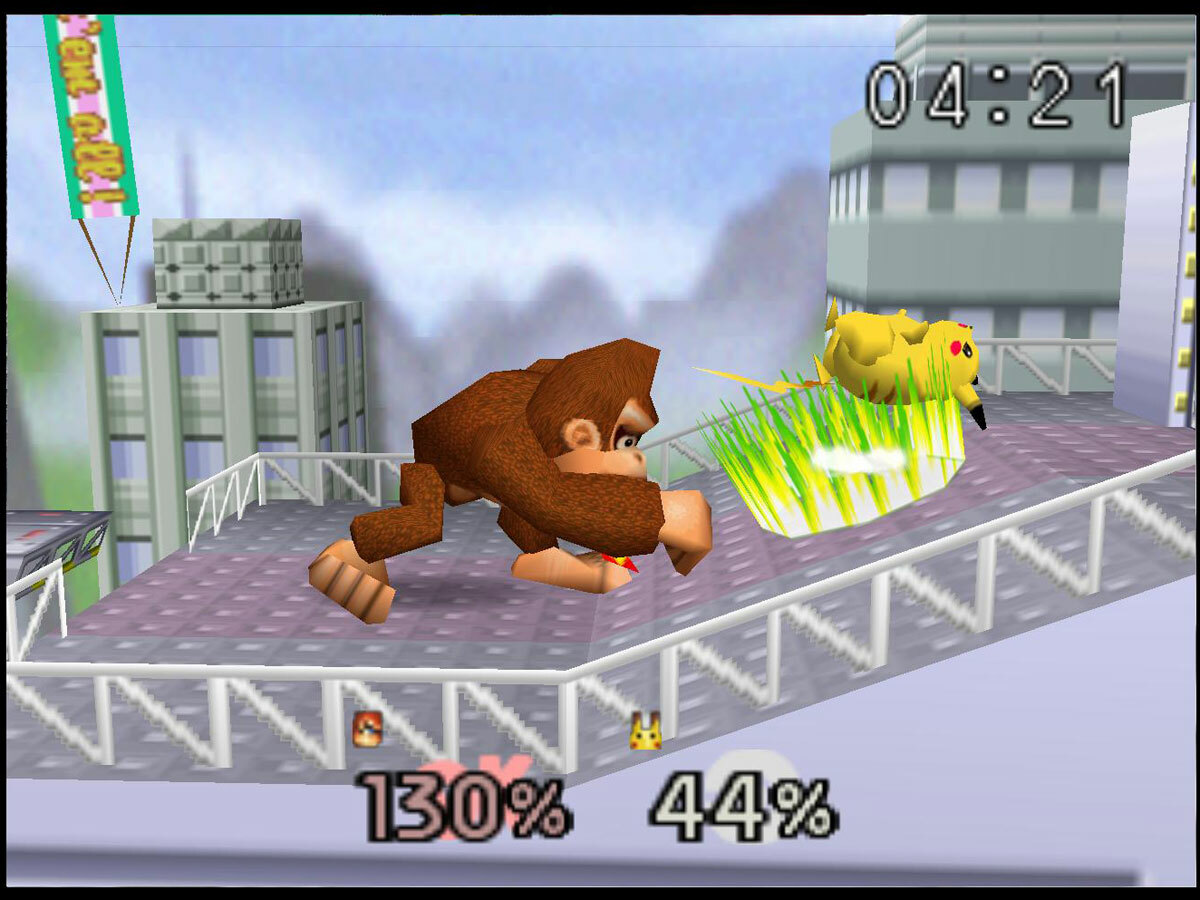
In 1995 Nintendo decided to put an end to those ‘this Pokemon could beat up Donkey Kong and Mario in its sleep’ arguments once and for all. With a dream lineup of our favourite characters from Link and Samus to Fox and Captain Falcon, Super Smash Bros. was responsible for many a busted friendship and a few black eyes to boot. Good times.
GameCube (2001)
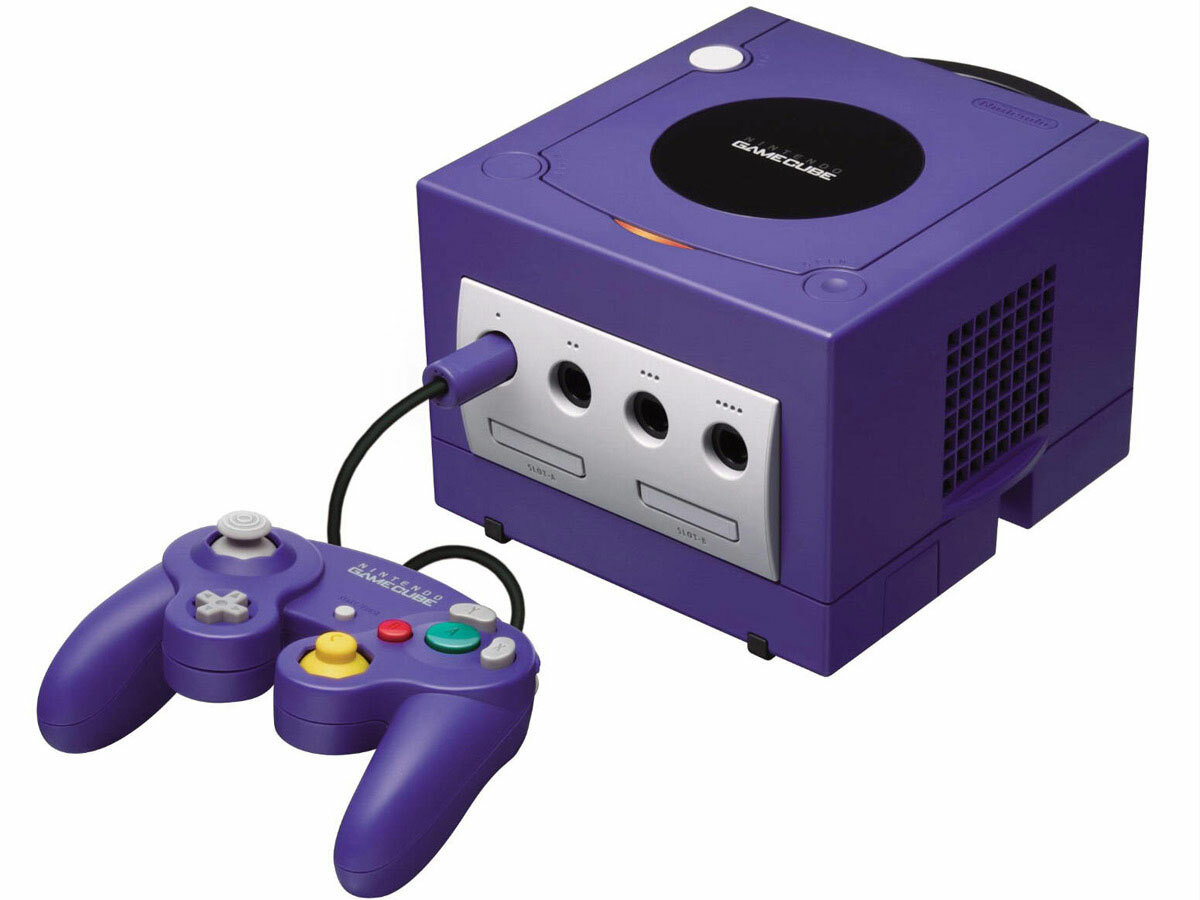
Not remembered as a huge success, the GameCube was Nintendo’s first outing into CD gaming. Unfortunately Ninty went with mini-DVDs while rival Sony opted for DVDs for its PlayStation 2 – giving the movie-playing PS2 a leg up in sales. But Nintendo’s cuboid console still had much to recommend it, with games like The Legend of Zelda: The Wind Waker and Metroid Prime. Did you know that holding the Z-button simultaneously on a controller plugged into each port will produce a Japanese sound effect of a man shouting a battle cry?
Wii Sports (2006)
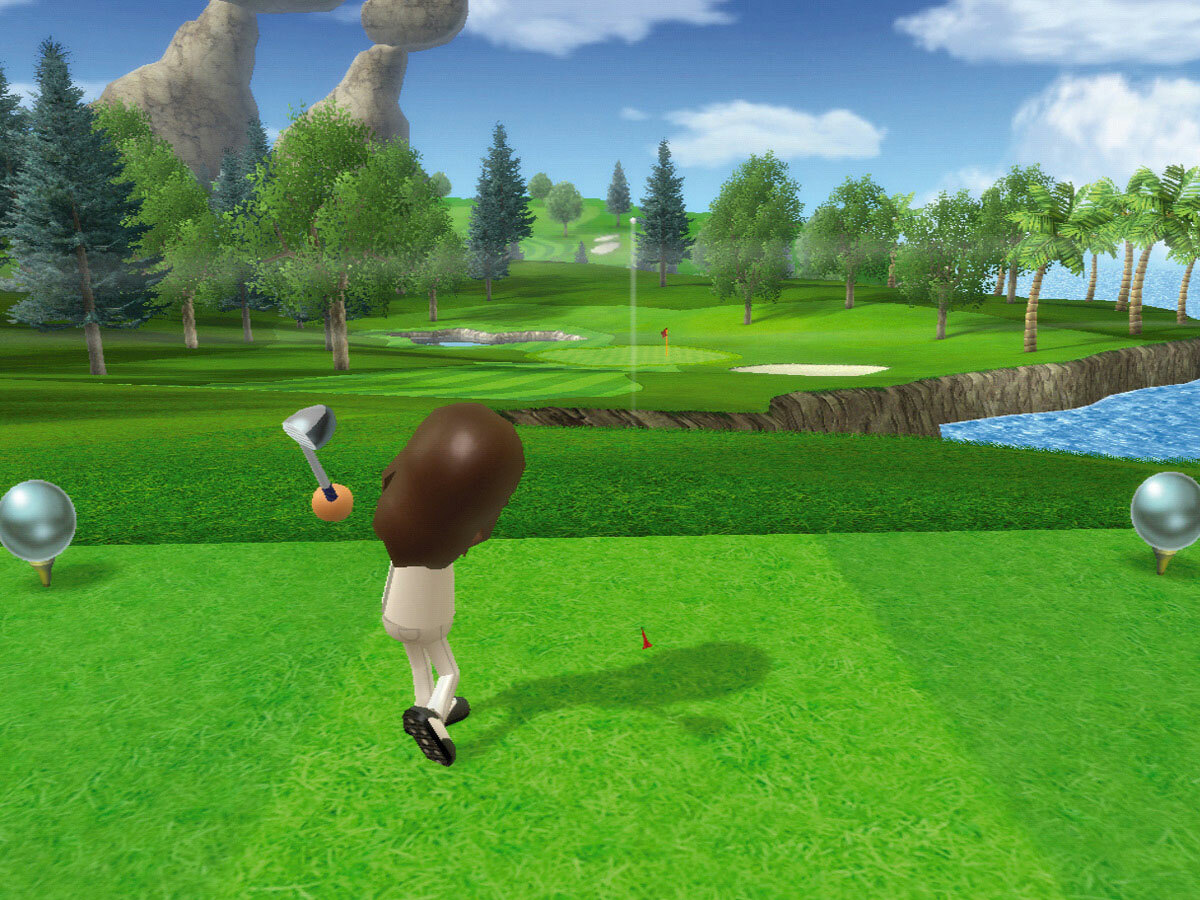
While this wasn’t a graphical mind blower the Wii Sports active controls and wide array of games did get many a couch potato up and about. Bundled with the Wii, this title was a big factor in the console’s initial success, its simple, intuitive controls appealing to novice gamers and seasoned joystick jockeys alike.
Super Mario 64 (1996)
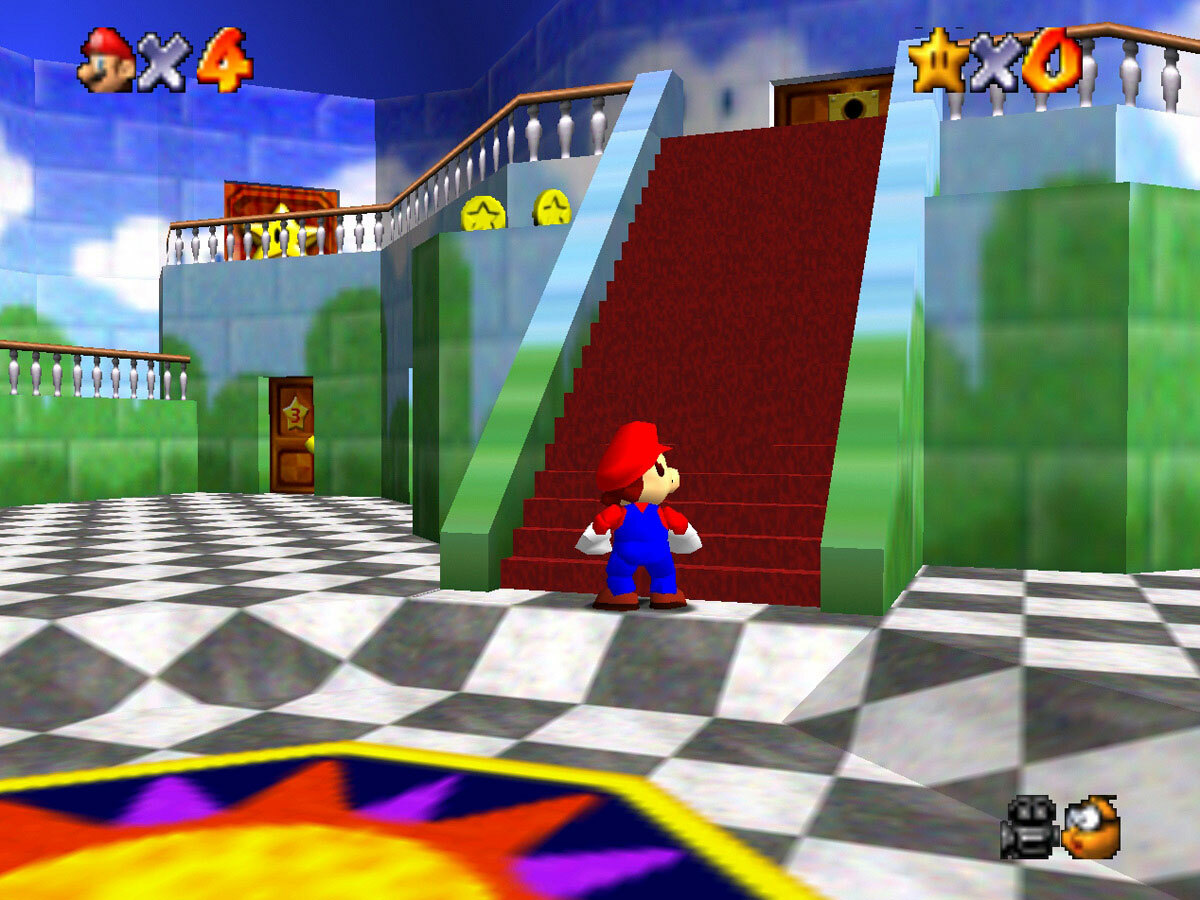
One of the best N64 games, and the first to bring Mario into the third dimension. Super Mario 64 took less than two years to make, but rumours suggest this was because creator Shigeru Miyamoto came up with the idea five years before, while working on Star Fox. And its impact was widespread – Rare’s iconic shooter GoldenEye 007 was influenced by Mario 64’s huge variety of missions within a level.
Game Boy (1990)
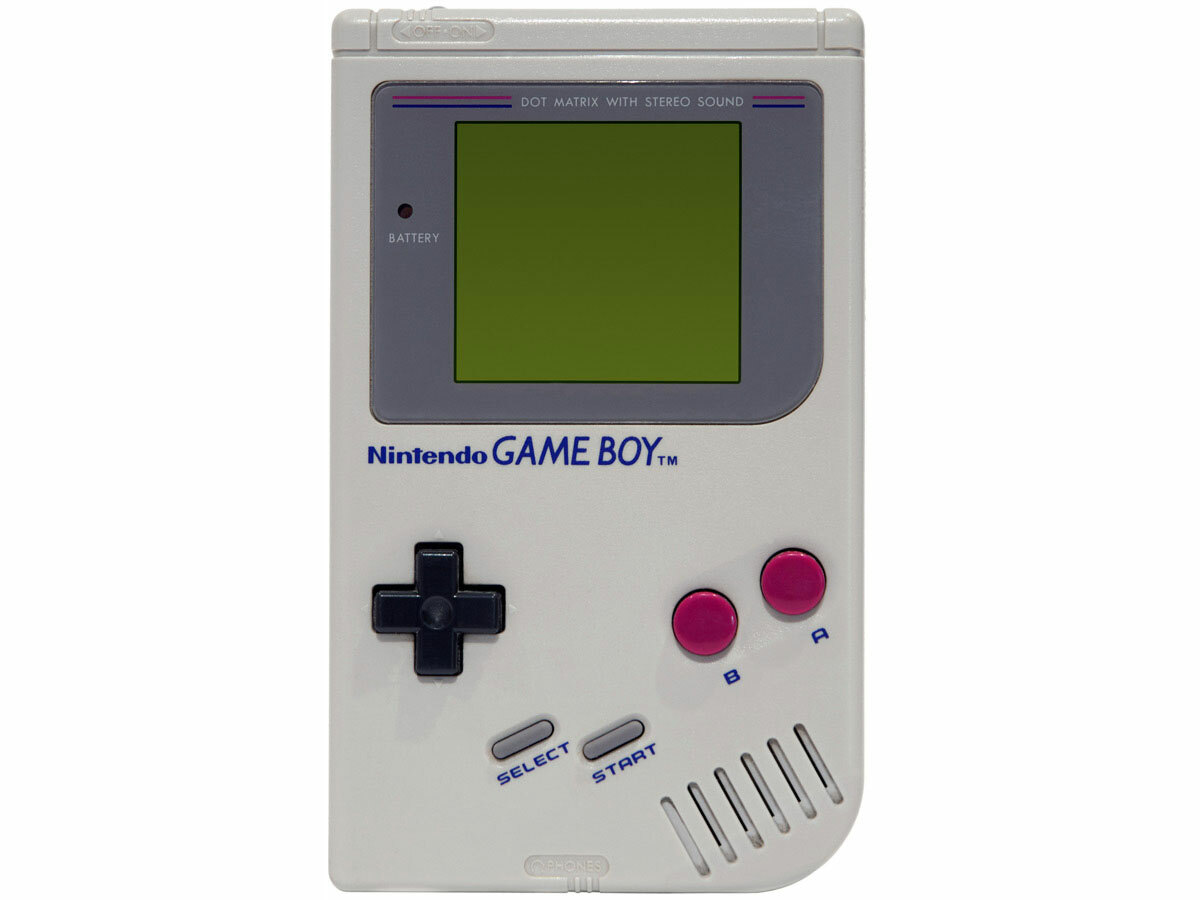
When the Game Boy launched, and put Tetris on the map, its power was mind blowing. Now our minds boggle at how on Earth it handled the games with those specs – a mere 8kB of RAM, a 160×144 resolution screen, and 256-byte ROM cartridges. These days, it’d look underpowered next to a wristwatch. But it started the mobile gaming movement that gave us the Sony PS Vita and Nintendo 3DS XL we know and love today.
Metroid Prime (2002)
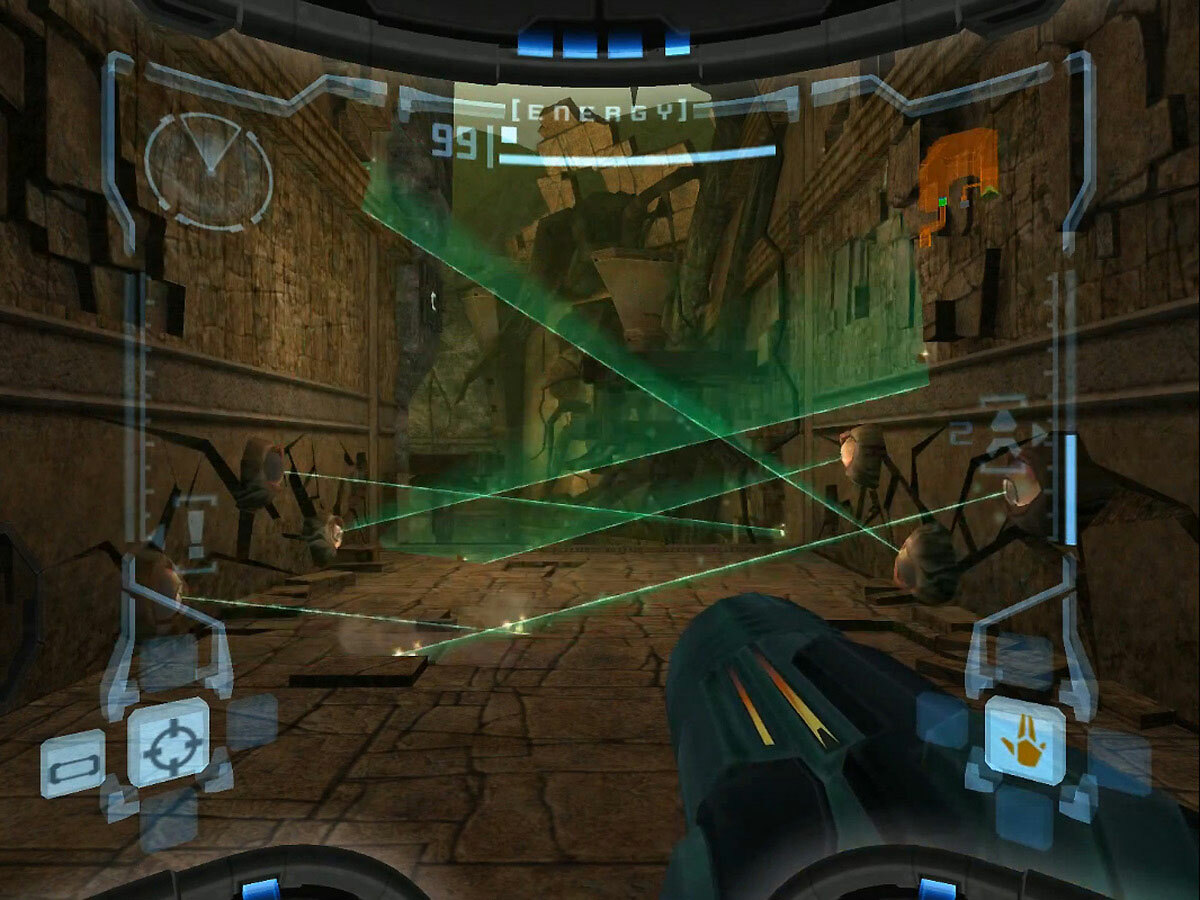
Probably the best game on the GameCube – Metroid Prime brought Samus Aran into a graphically impressive world with huge levels, palm-sweatingly difficult bosses and myriad awesome weapons. It’s still good now so if you’ve got a Nintendo Wii pick up a copy on eBay and give it a go.
Wii Fit / Balance Board (2007)
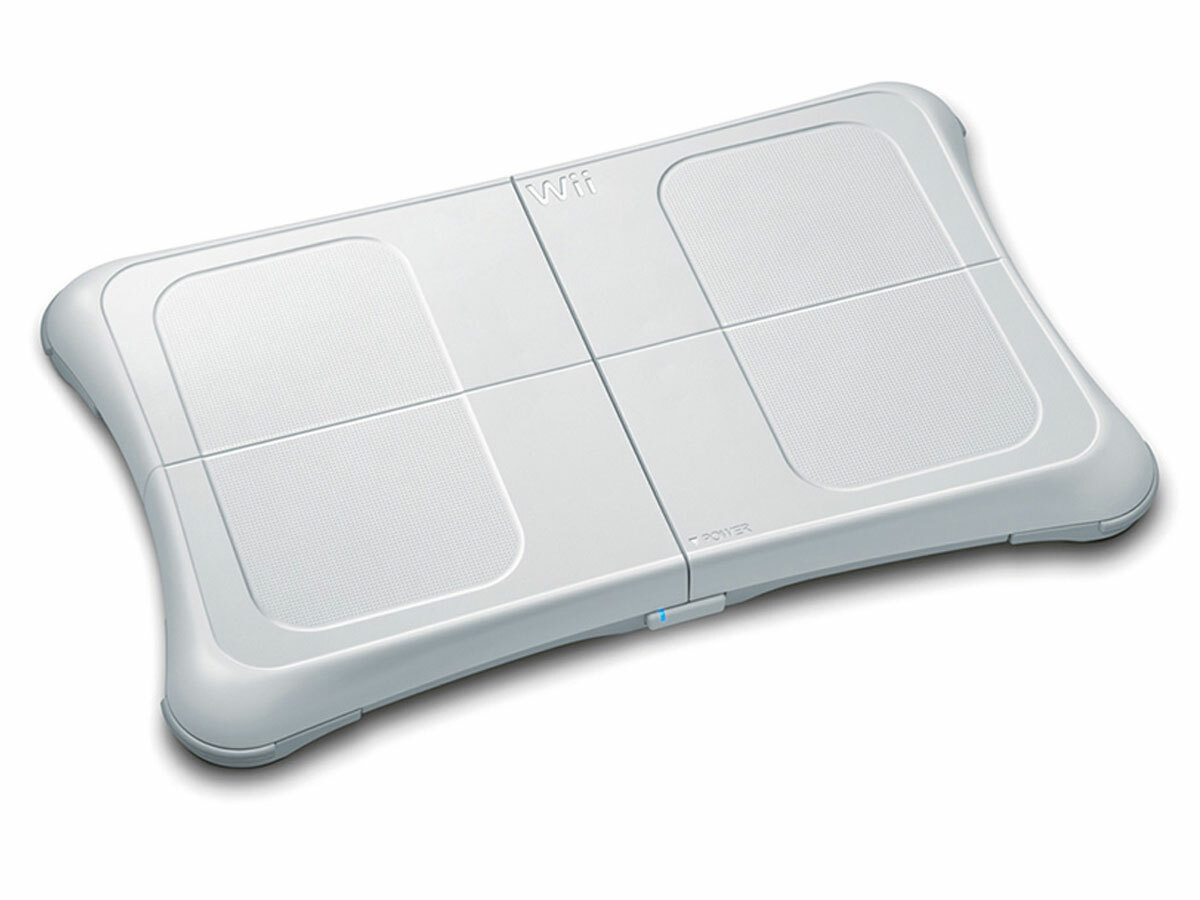
Yet another stroke of genius, Nintendo took the health aspect of the Wii one step further with the Wii Fit / Balance Board. This slab of plastic was designed to monitor not just your weight, but your weight distribution, suddenly raising the possibility of video games that made you healthier. Now, you no longer need to rely on those rubbish bathroom scales to see if your spirited Wii Fit workout was having any effect.
The Legend of Zelda: A Link to the Past (1991)
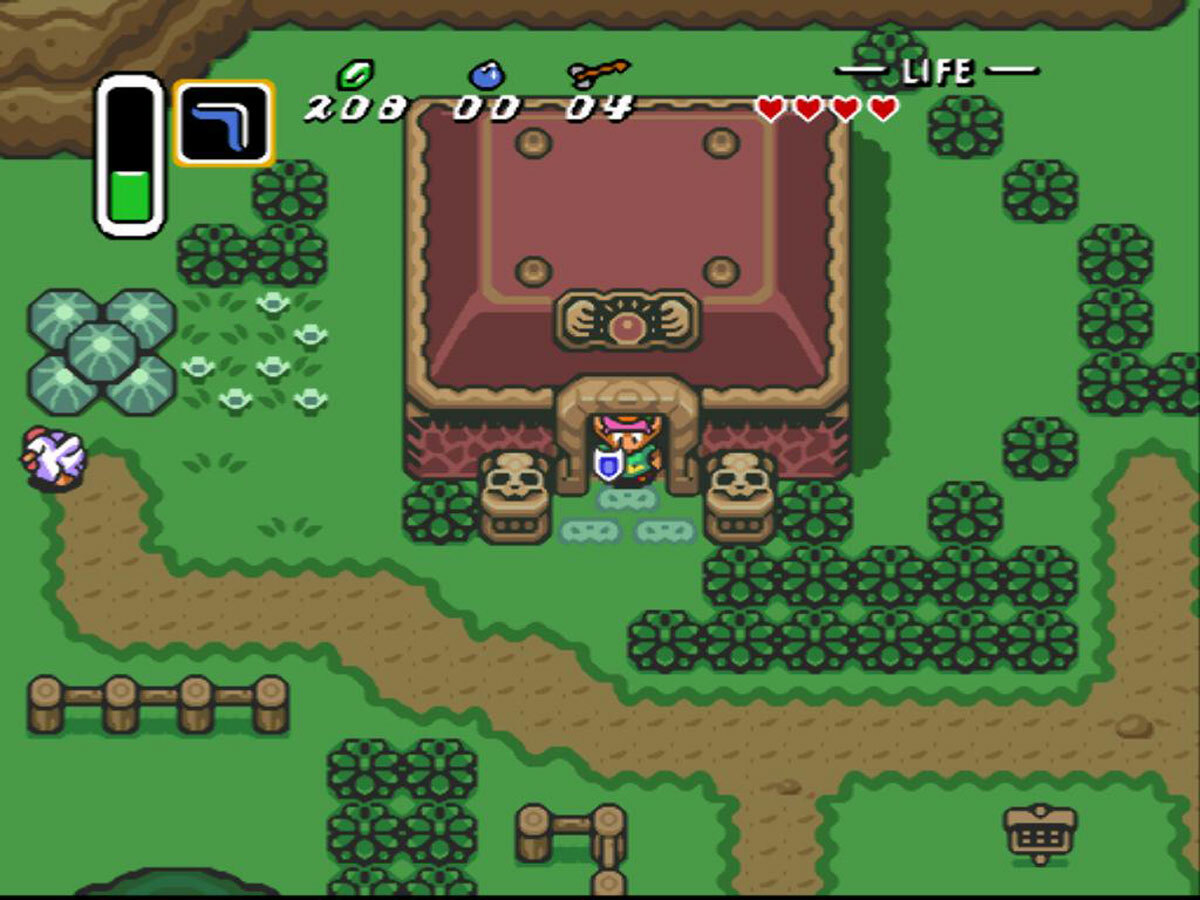
As with so many of Nintendo’s greatest titles, Shigeru Miyamoto was the man behind A Link to the Past, the third Zelda game and probably the best-loved of the whole series. A compelling story drove the game forward, and its use of two huge parallel worlds, with the ability to travel between them, was a mind-blowing concept.
Nintendo Wii (2006)
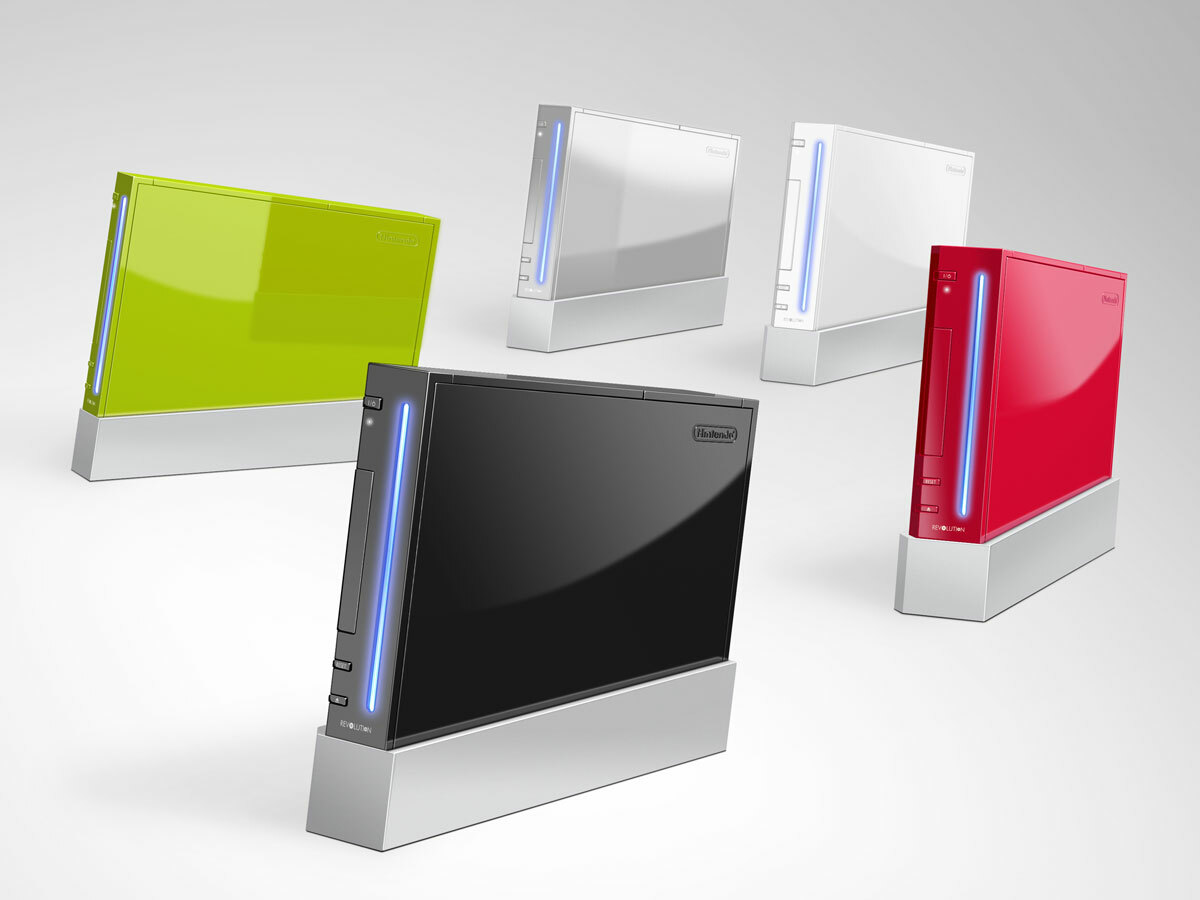
Nintendo really showed the world why it carved such a name for itself with the Wii. In the shadow of the brilliant N64 console, the Wii was always going to have to be something special and its motion controllers, family focus and continuation of many big Nintendo classic characters like Kirby and Mario won it a legion of fans among both gaming veterans and newbies. So many, in fact, that even with the Xbox 360’s recent success, its worldwide sales still trail the 96.56 million Wii units.
The Legend of Zelda: Ocarina of Time (1998)
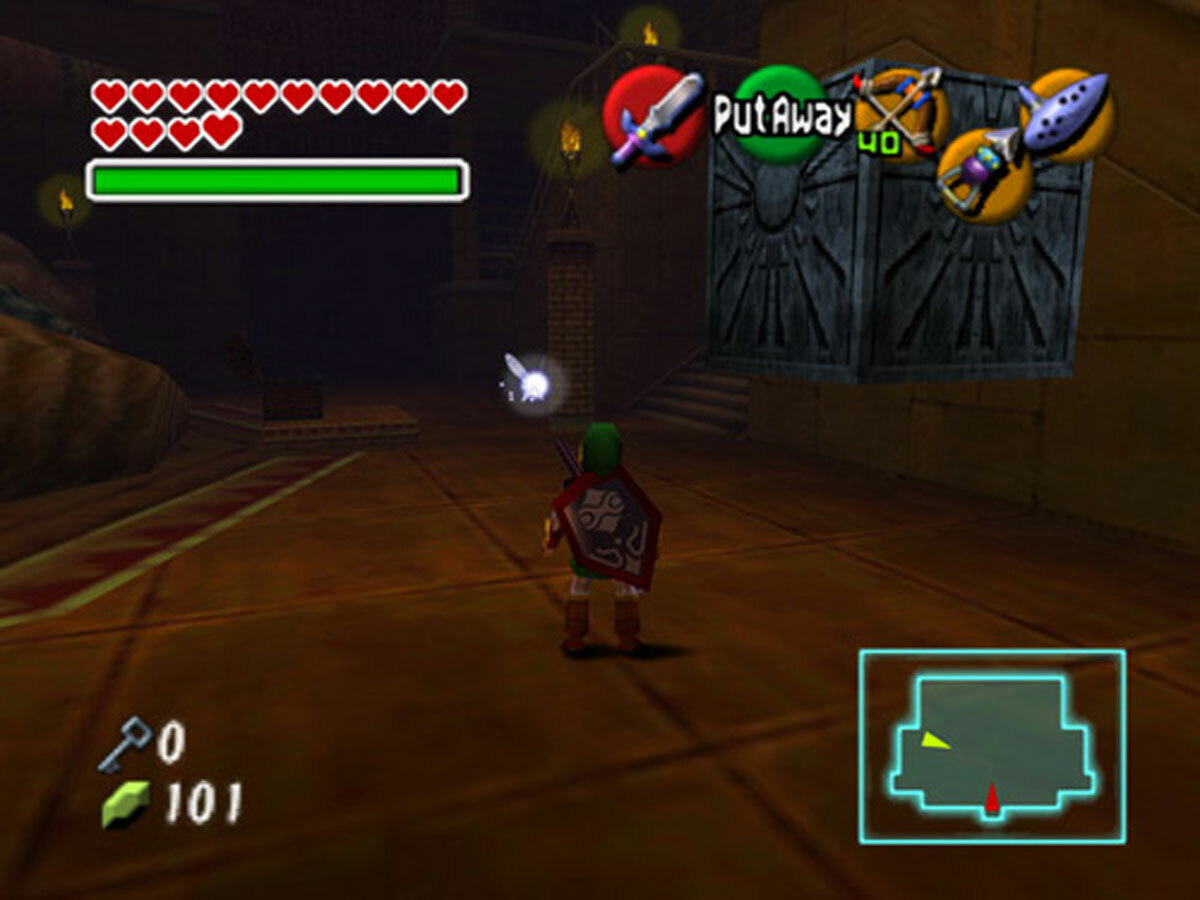
While the more childish Nintendo fan will always treasure Conker’s Bad Fur Day as the best N64 outing, Ocarina of Time is easily one of the best games of all time. Like, ever. Wherever it went, it had pundits and gamers falling over themselves with glee at just how good it was. Even now, the third-person adventure and its colourful landscapes, memorable script and epic boss battles still give some modern-day titles a master class in game design – some 15 years on.
Wii Motion Plus controller (2009)
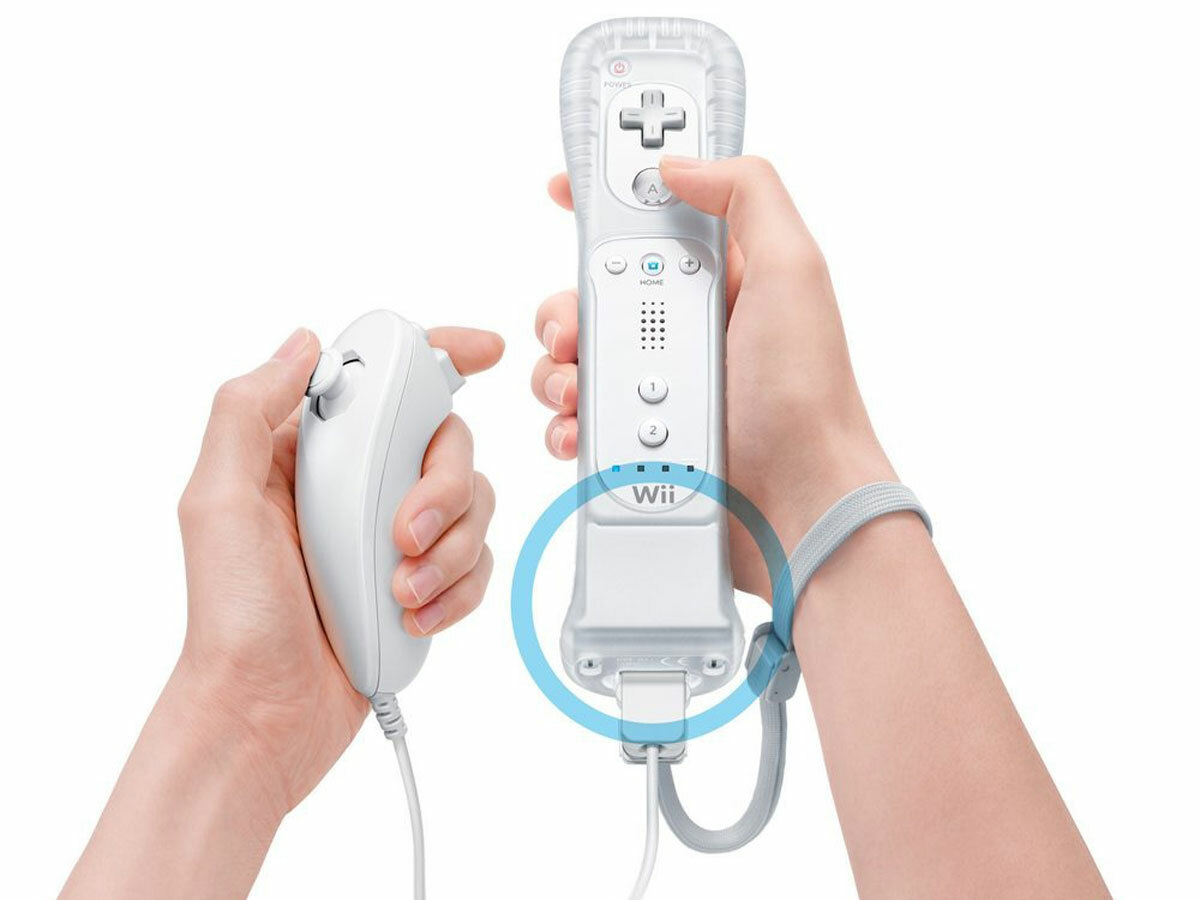
Shortly after the arrival of the Wii’s Motion Plus controller, which encouraged physical movements to control games like Wii Sports, reports of broken televisions did the rounds. It was an odd by-product of a genius way of introducing your parents and their parents to how compelling a good video game can be. It also represented something fundamental: health and video games can co-exist like good friends, a subject that is still all the rage.
Super Mario Bros 3 (1990)
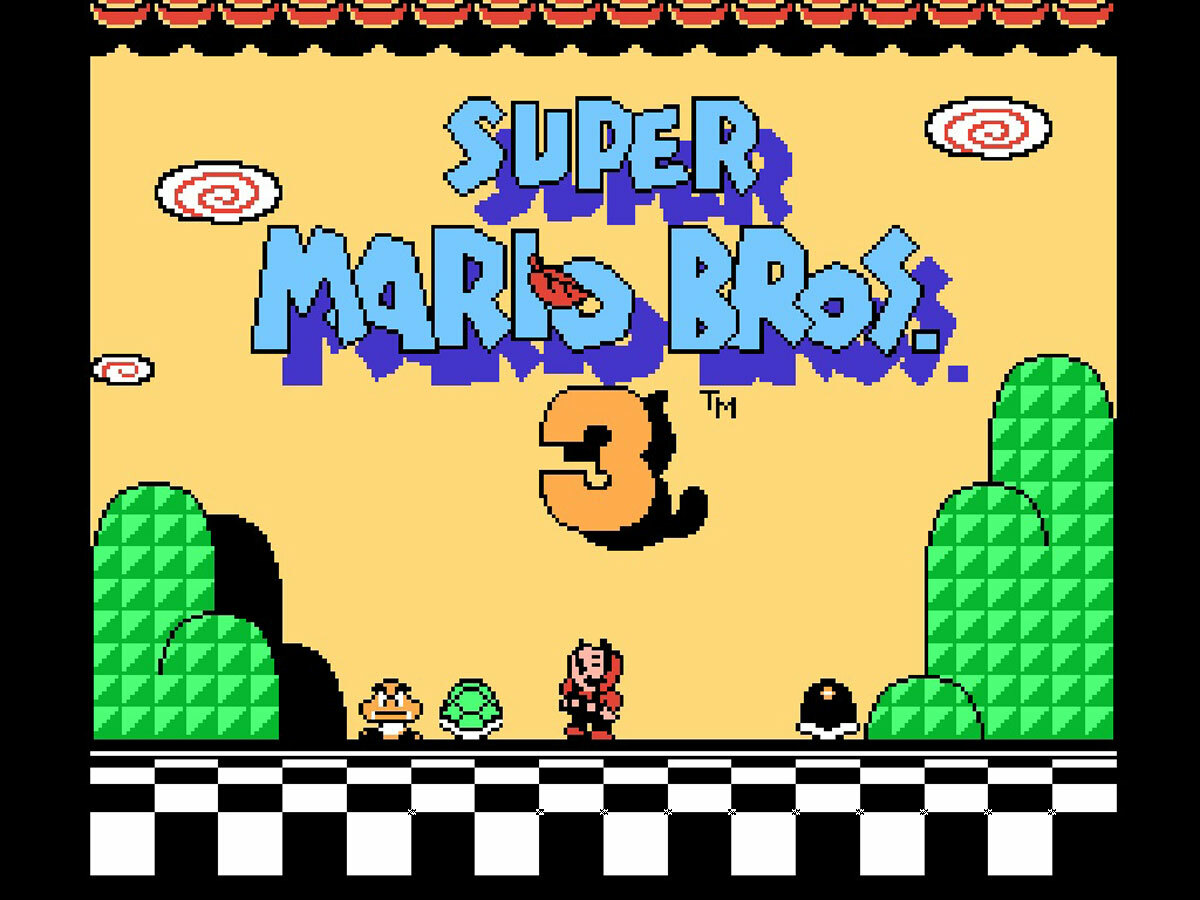
As amazing as Mario is when it comes to platform gaming, it doesn’t half make us feel old. The iconic hero appeared in the third game on the Nintendo Entertainment System aka NES in 1990 – yes, that’s 22 years ago. The best of the NES-based Mario games saw the Italian plumber flying, floating, jumping and sliding his way through eight increasingly difficult worlds, each as colourful and charismatic as the next. Hard as nails but ultimately a gem of a game, Nintendo showed it really meant business.
Nintendo DS Lite (2006)
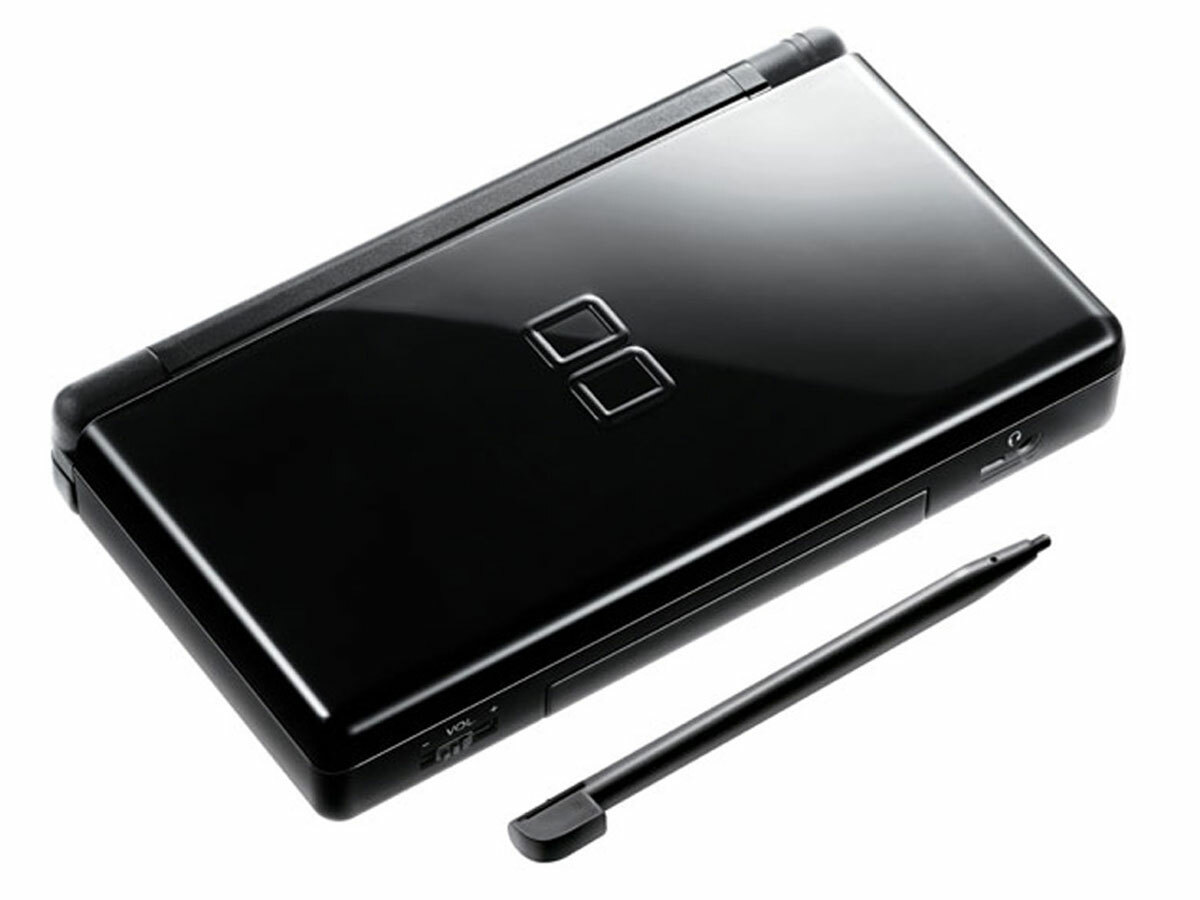
Just in case the brilliant Nintendo DS was too heavy, Nintendo went and made a lighter and smaller version known as the DS Lite in 2006. This skinnier edition, which maintained the dual screen and stylus from its predecessor, proved to be a huge success with gamers still hooked on portable gaming classics like Pokémon and Harvest Moon. A worthy successor to the Game Boy, if ever there was one.
Nintendo 3DS (2011)
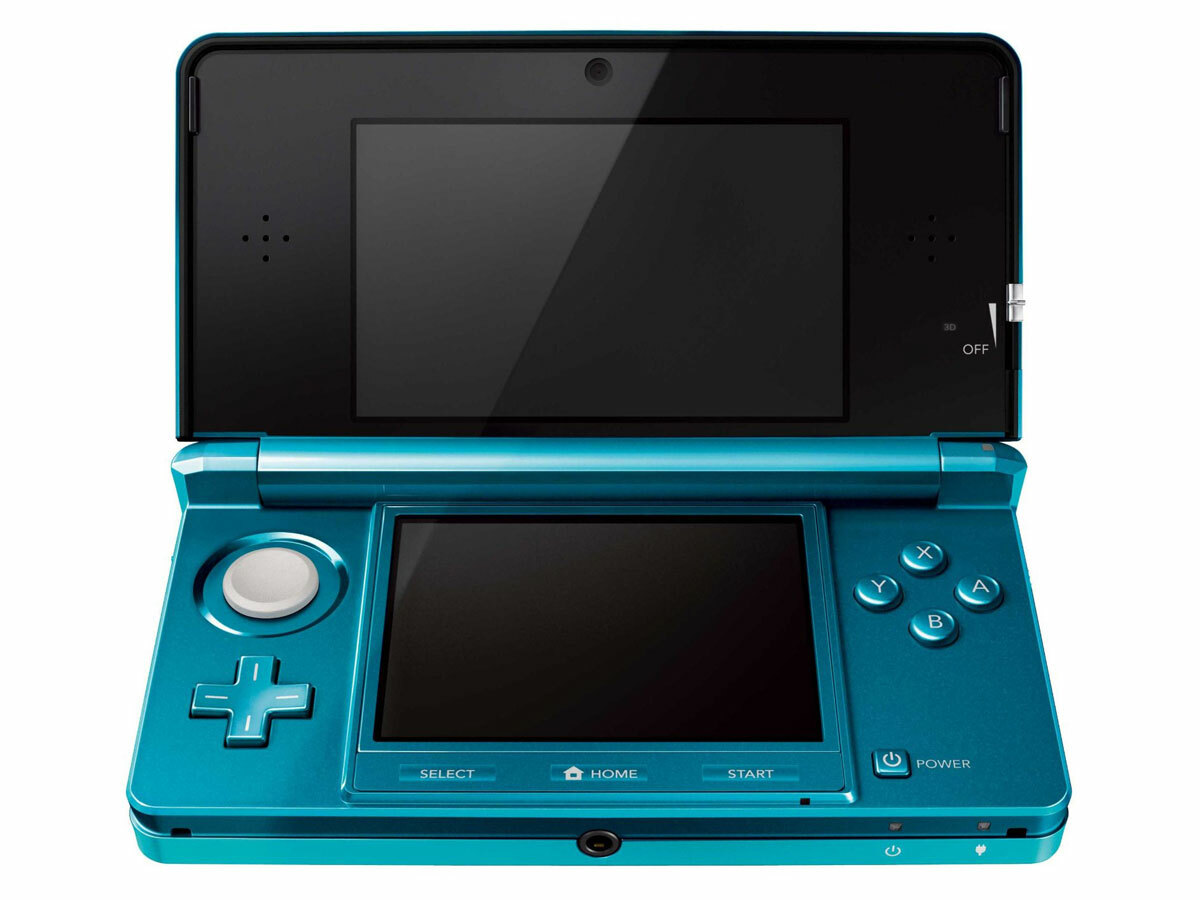
While its rivals were faffing about trying to cram ever more powerful processors into their handheld consoles, Nintendo took a more leftfield approach. The result was the 3DS, the first (and still the only) handheld games console to feature a true 3D display. Opinion’s divided on whether it’s genius or a gimmick – especially after the arrival of the clunky Circle Pad add-on – but Nintendo’s commitment to innovating has to be commended.
R.O.B. (1985)
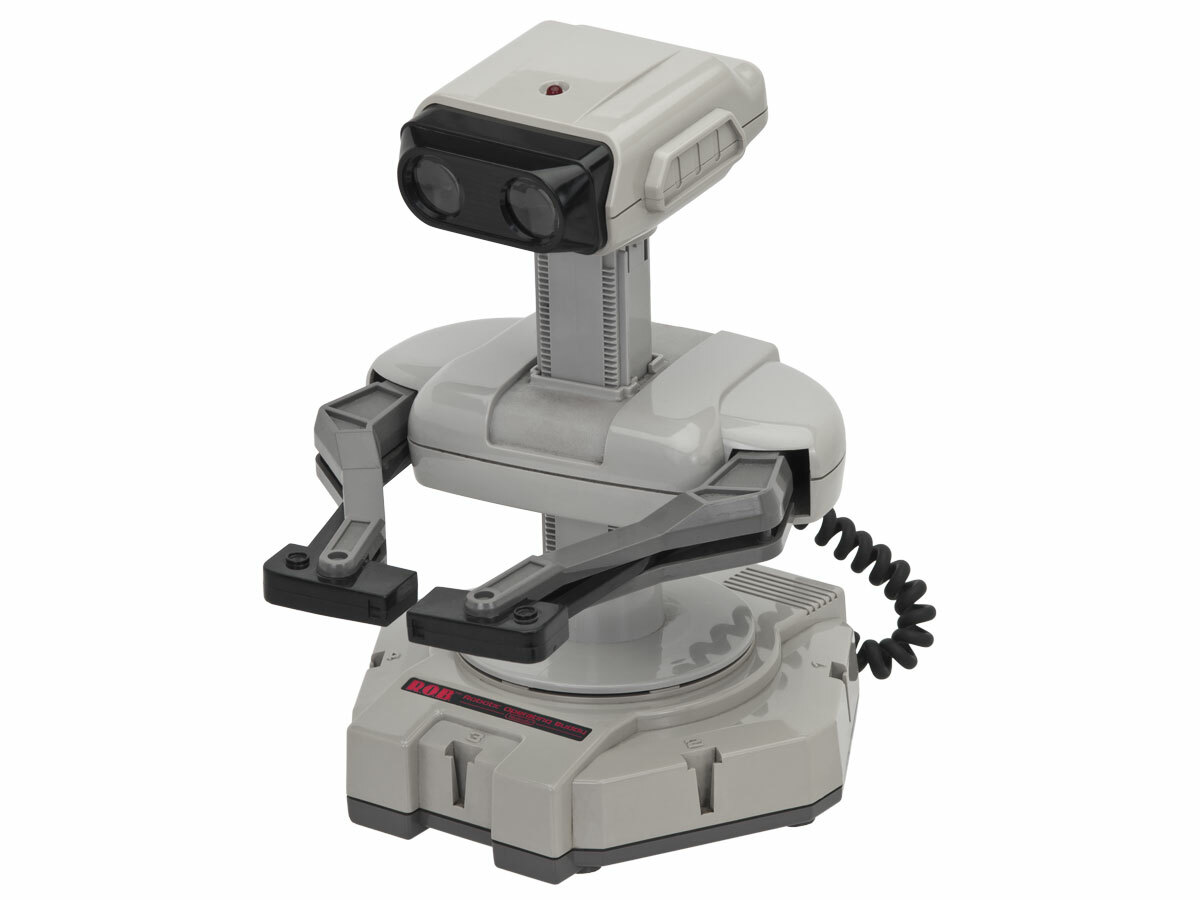
Available as part of a deluxe NES package, the Robotic Operating Buddy was Nintendo’s attempt to add extra value to the system beyond mere games. R.O.B. was controlled via flashes from a screen (he will only work with CRT TVs, no LCD or plasma screens) and could perform a few actions, but his lifespan was limited by the fact that Nintendo only ever released two games – Stack-Up and Gyromite – with which he was compatible.
Super Mario Galaxy (2007)
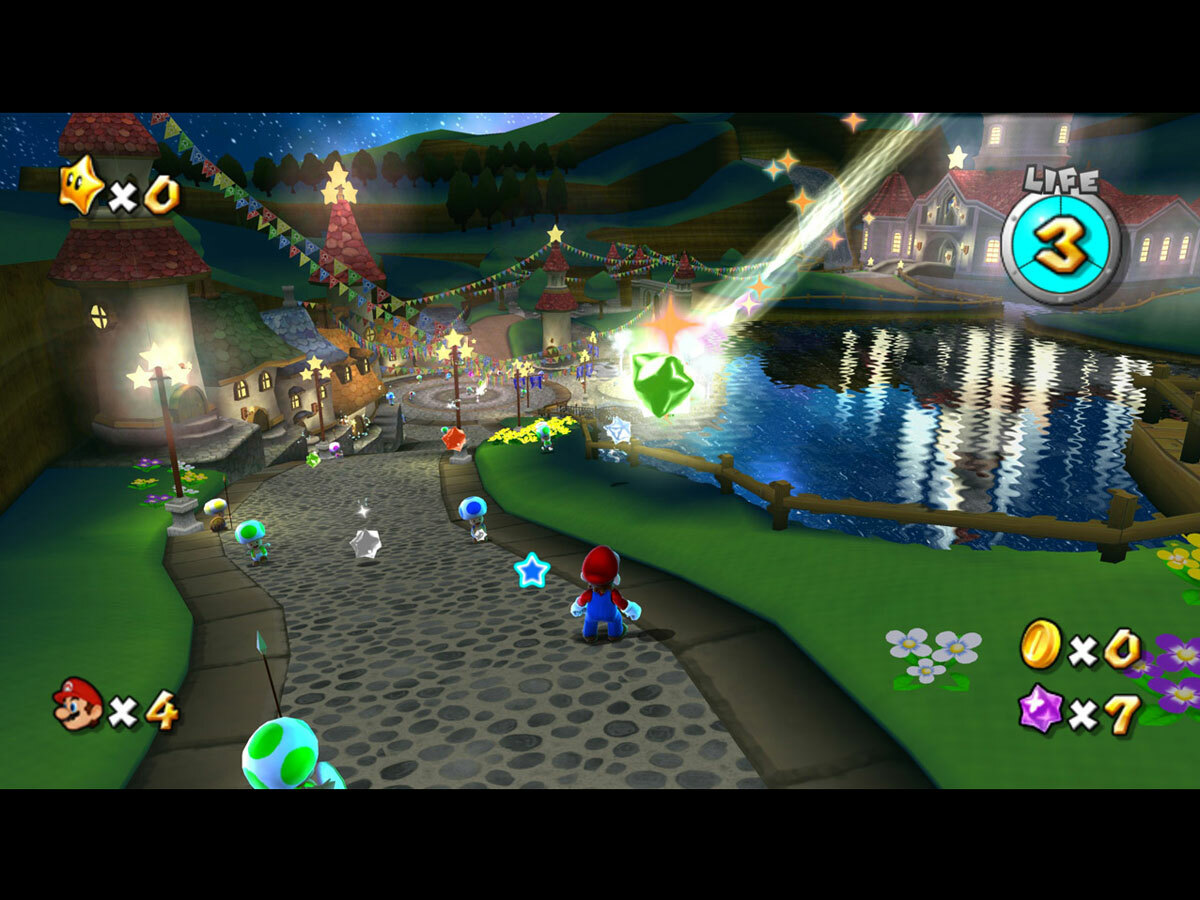
One of the best selling and highest rated games in the history of the Wii and in fact the entire gaming universe, Super Mario Galaxy took everyone’s favourite plumber into outer space, for gravity-defying adventures across dinky planets. Innovative and challenging – and making use of the Wii’s unique control setup to great effect – it’s another jewel in Nintendo’s platforming crown.
Donkey Kong (1981)
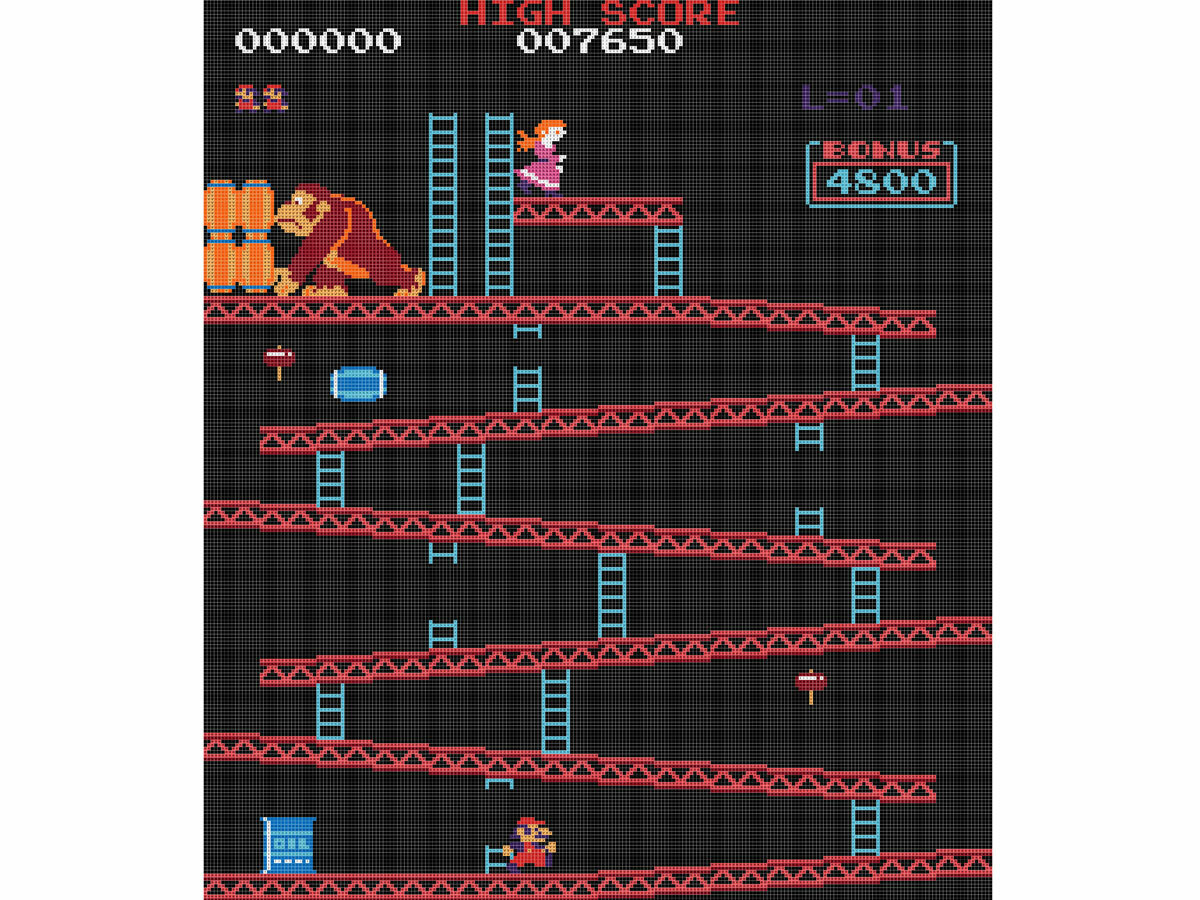
Often regarded as the first platform game, Donkey Kong gave us a glimpse of the potential of gaming, and along the way it introduced two of Nintendo’s most popular characters. The player took on the role of Mario – originally named Jumpman, and blessed with carpentry rather than plumbing skills) on a quest to rescue Lady (later renamed Pauline) from the titular ape. Starting out as an arcade cabinet game, it was released for home console version on the ColecoVision and handheld version on Nintendo’s own Game & Watch.
Wii U (2012)
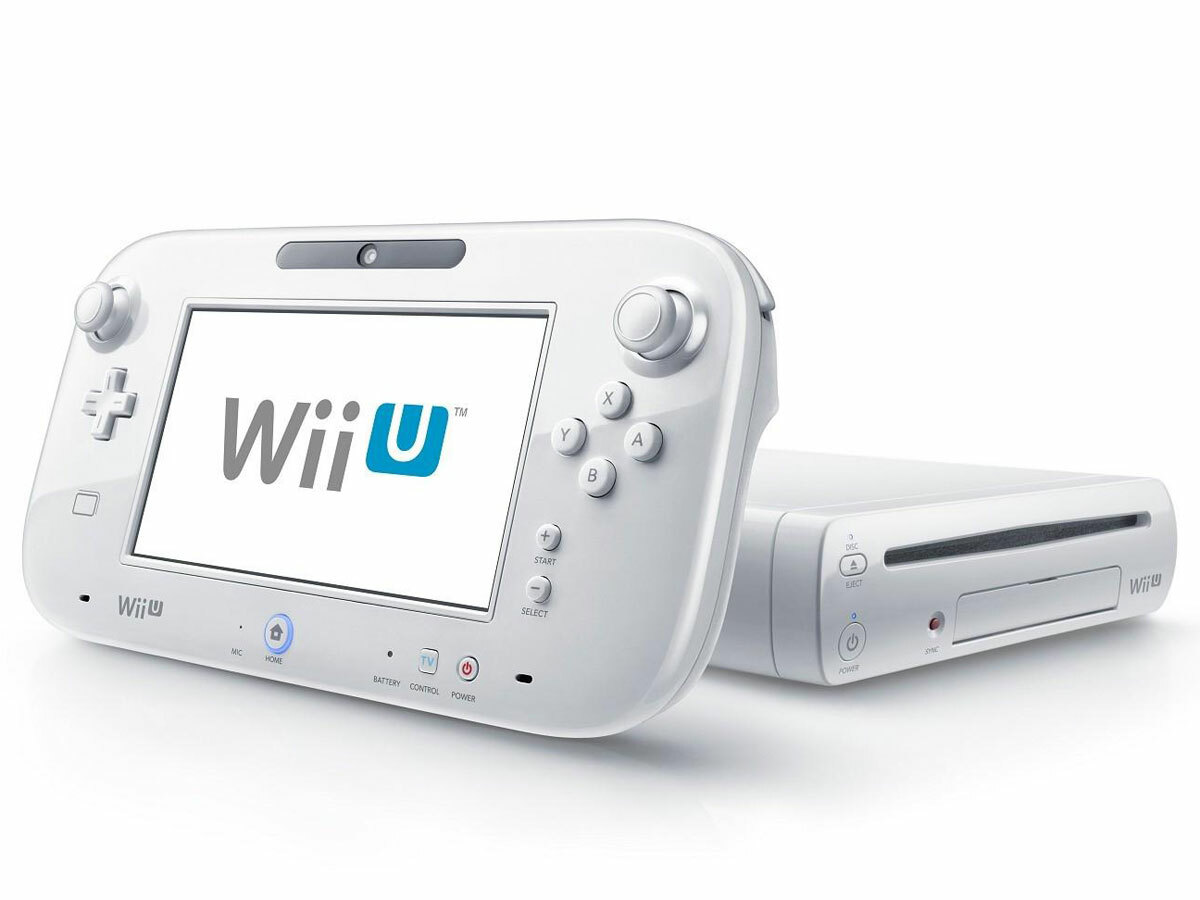
Taking over from the hugely successful Wii, the new Wii U Ninty console offers an HDMI port for full HD or 720p (as well as AV for old TVs that have seen better ways) and improved graphics. Gone are the elongated controllers of old – you now get a touchscreen GamePad controller that packs a 6.2in display, speakers, a front-facing camera and even a microphone. The future of video games, Nintendo style.

